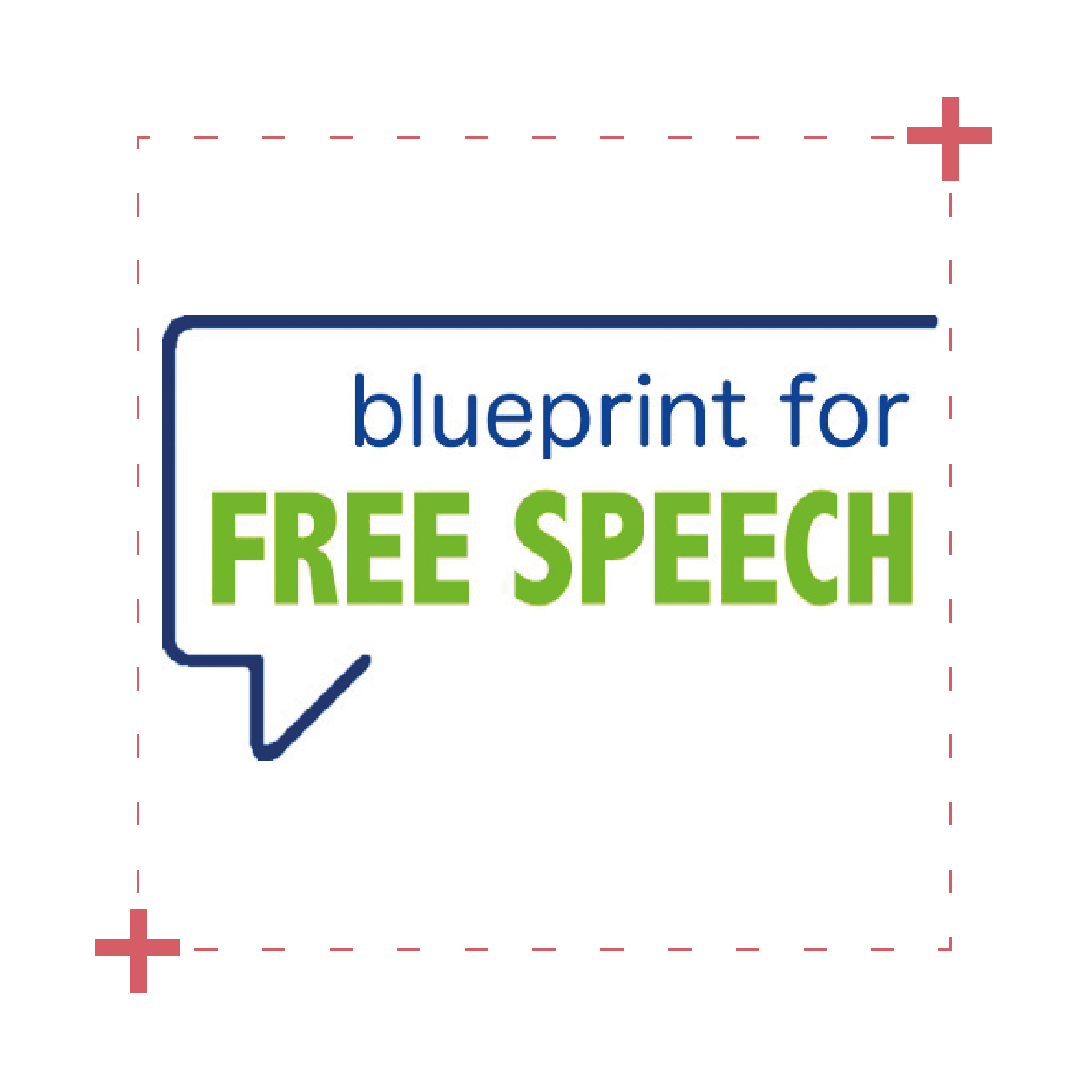We are proud to announce the release of our new report “Getting Whistleblower Protection Right: A Practical Guide to Transposing the EU Directive”. Designed to support both civil society organizations as well as state actors in their work, we aim at making a meaningful contribution to getting the most out of the new EU Whistleblowing Directive.
Wrondoing, corruption and abuse of power know no boundaries, and by introducing minimum standards to protect whistleblowers all across its Member States, the European Union has acknowledged this fact, together with the important role of whistleblowers in uncovering misconduct in the public interest. At the same time, they remain minimum standards: While EU leaders have taken a guiding stance by broadening the it‘s scope as much as possible within the Union‘s legal mandate, the Directive still cannot be considered to provide comprehensive whistleblower protection according to international standards and best practises.
Now, it is upon Member States to fill this gap: Until December 2021, EU countries have time to transpose the Directive into national law. Our guide is supposed to help in these efforts: Firstly, we provide practitioners with an analysis of the Directive‘s provisions, which includes a discussion on missed opportunities and propositions on how they can be addressed. Our written report compares the new EU requirements to international best practise examples of whistleblower protection laws, and makes propositions on how to best apply these in anchoring the Directive in national law.
The EU Whistleblowing Compliance Checker
Together with the written report, we are publishing the EU Whistleblowing Compliance Checker, an online tool to measure national legislation against the Directive requirements. With this, national lawmakers, civil society organizations and other stakeholders can easily assess how well existing or proposed whistleblower protection complies with the EU Directive. In addition to that, the tool rates legal frameworks against international best practise criteria, to determine areas in which national governments can and should do better.
Whistleblower protection and COVID-19
The global COVID-19 crisis has only further emphasized the need to protect those who speak up in the public interest [Link here to open letter]. Our analysis thus also considers the quality of protection offered in various scenarios applicable to global health crisis. This facilitates the assessment of whether proposed transposition laws would provide actual protection in real-life scenarios.
We are hoping that “Getting Whistleblower Protection Right” will contribute to an informed debate on the Directive transposition. EU Member States have a real chance of making long-lasting change by using this moment to introduce sound, comprehensive whistleblower protection laws that foster transparency and the rule of law. They shouldn‘t let it pass.
